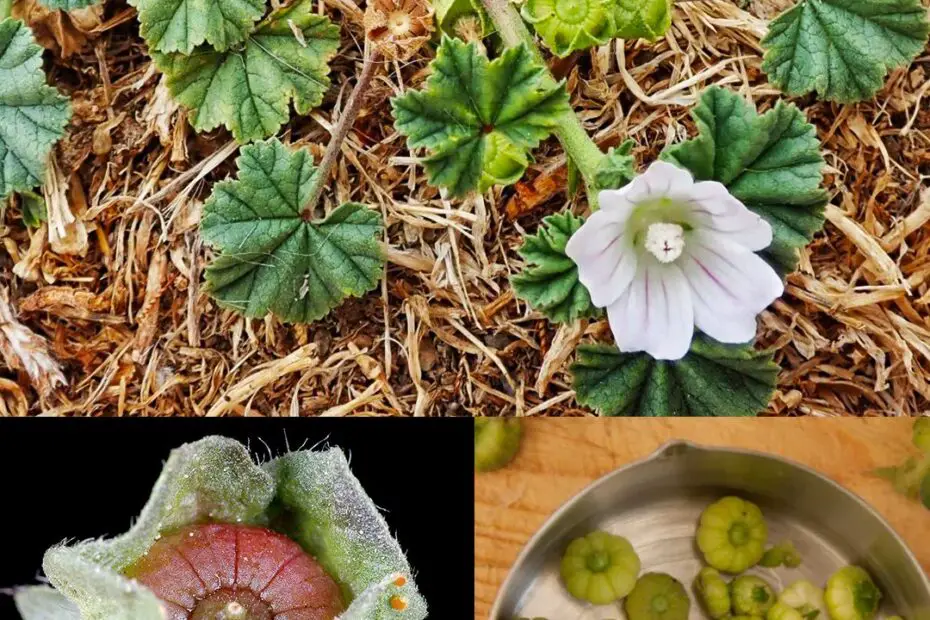
Mallows, particularly the species Malva Neglecta and Malva Sylvestris, have long been valued in herbal medicine. Although botanically different, both species possess a rich spectrum of medicinal benefits. This article explores the myriad health benefits and uses of these mallows, particularly in the area of natural health practices.
Malva Neglecta: A versatile plant
Malva neglecta, often called “cheeseweed,” is known for its resilience in a variety of habitats. Every part of this plant is edible and is characterized by its low spread, deep root system, and uniquely shaped leaves, making it extremely versatile for both medicinal and culinary purposes.
- Digestive Health : Known for its gentle laxative properties, Malva Neglecta has a soothing effect on the digestive system and contributes to the regularity of bowel movements.
- Anti-inflammatory properties : This plant is known to reduce inflammation, which is especially useful in treating conditions such as urinary tract infections and kidney problems.
- Respiratory support : It serves as an effective expectorant, relieves coughs and supports respiratory health.
Malva Sylvestris: A plant with many uses
Malva sylvestris, also known colloquially as mallow, is characterized by its striking flowers. It is a robust, self-fertile plant with a wide range of uses.
- Respiratory health : It is particularly beneficial for respiratory diseases, helping to clear congestion and soothing the throat.
- Digestive Support : Acts as a mild laxative and promotes digestive health.
- Skin Care : When applied topically, it may have anti-aging properties and contribute to more youthful skin.
- Relaxation and sleep : The essential oil or tea made from this plant helps in relaxation and improves the quality of sleep.
- Cancer prevention potential : Contains compounds such as beta-sitosterol, which have been linked to reducing the risk of cancer, particularly in the prostate.
Culinary applications
Beyond their health benefits, both Malva Neglecta and Malva Sylvestris are culinary delights. Their leaves and flowers can be added to salads, soups and various dishes, increasing the nutritional value of meals.
Safety and considerations
Although they are generally safe, it is important to consult a doctor before using these plants, especially if you are taking medications or have a pre-existing medical condition. Pregnant or breastfeeding women should use them with caution.
Malva neglecta and malva sylvestris are not only aesthetically pleasing, but also contain a treasure trove of health benefits. From supporting digestive and respiratory health to potential roles in cancer prevention, these mallows demonstrate the profound power of natural remedies. Their ease of cultivation and wide range of uses make them invaluable in the field of herbal medicine.
Do you like this? Share inspiration with your friends!
